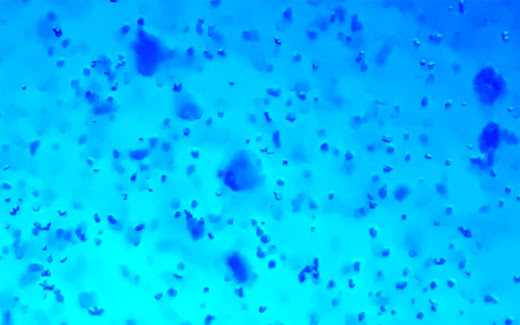Human Kidney Fibroblast: The Heterogeneity of Fibroblasts

A major health issue impacting 9.1% of the world's population is chronic kidney disease (CKD). However, there are still few options for CKD progression prevention. Renal fibrosis, renal anaemia, and peritubular capillary loss are three clinical diseases associated with CKD that are significantly influenced by resident human kidney fibroblast , a type of primary cells . By manufacturing extracellular matrix proteins and erythropoietin under healthy conditions, kidney fibroblasts support the structure of the organ. Numerous studies have shown that fibroblasts play advantageous functions in the regeneration of renal tubules. In some clinical situations, renal fibroblasts have the capacity to develop into a proinflammatory state, produce a variety of cytokines and chemokines, and extend inflammation by creating tertiary lymphoid tissues, functioning lymphoid aggregates. In this article, we discuss the various roles that renal fibroblasts play in both healthy and pathological states. Fu...




